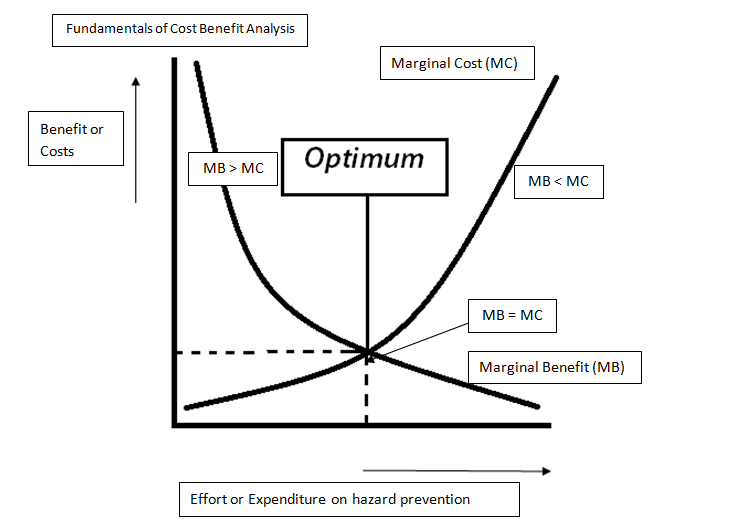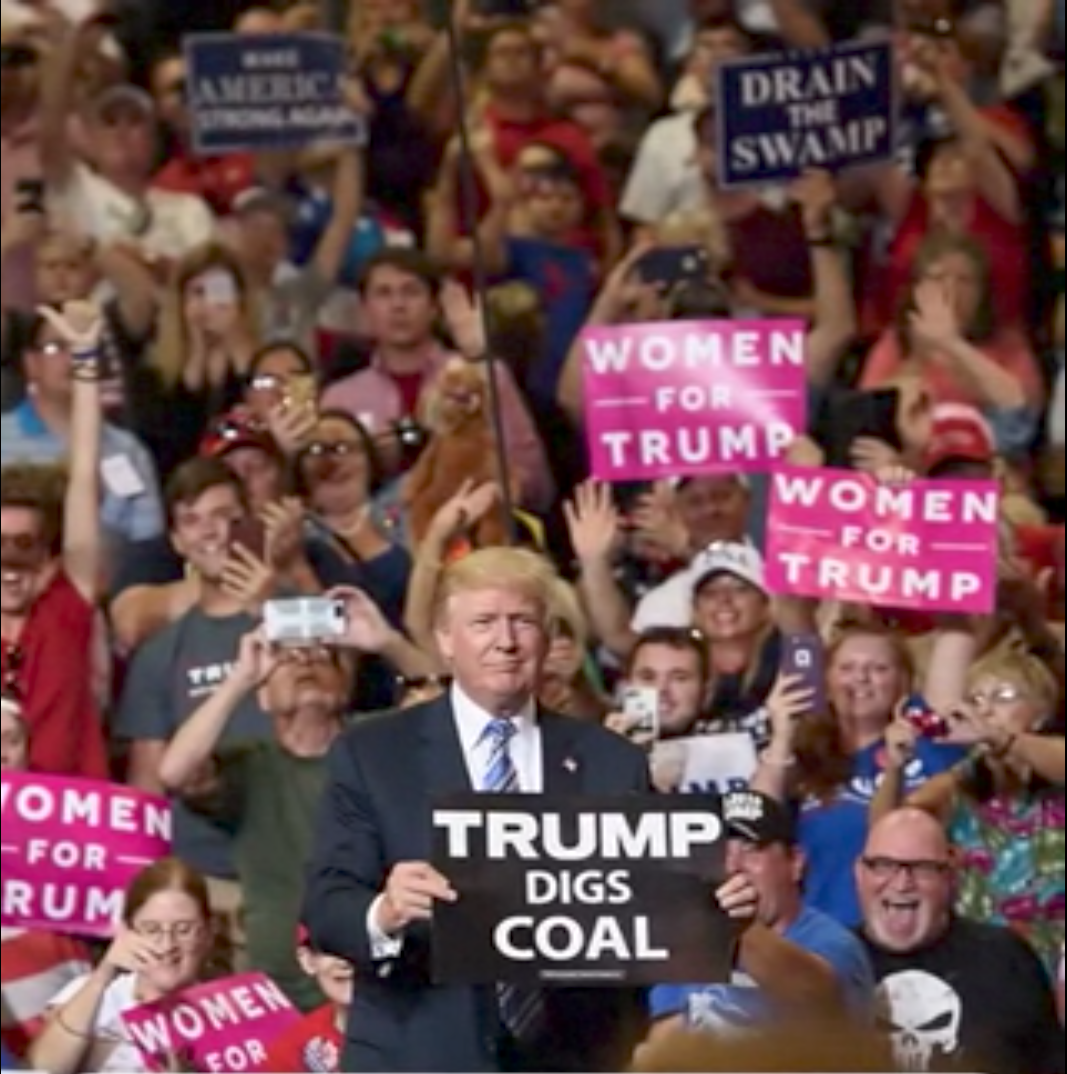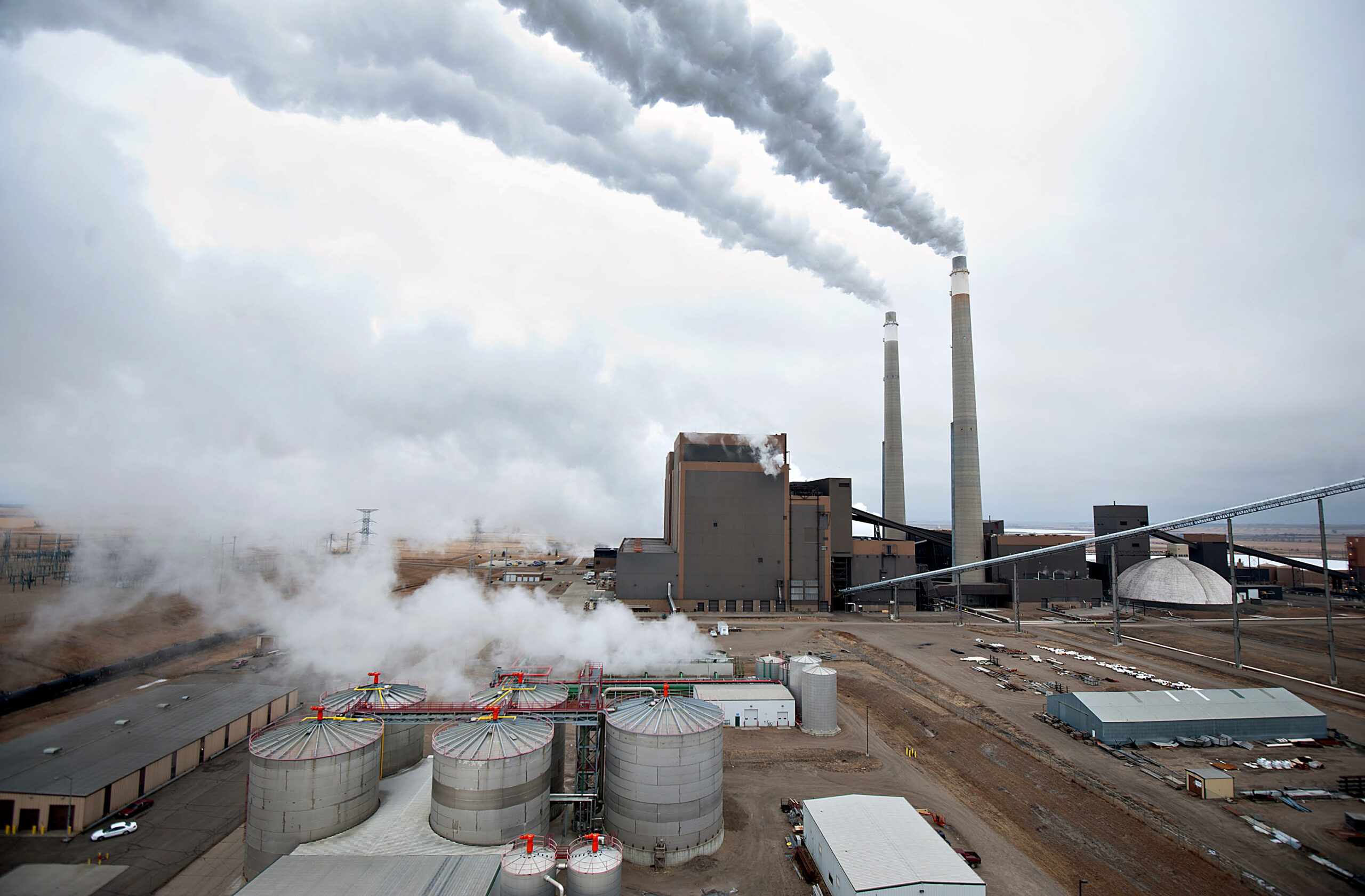Climate Change
New CARB Chair, New CARB Mandate
Lauren Sanchez has been named to the state’s most important climate job.
About 15 years ago, when presenting about California’s then-new climate change law AB32, I used to show a slide with six words on it — “Why Mary Nichols Rules the World”— along with a huge photo of Mary. The slide let me talk about the enormous authority and discretion bestowed by AB32 on one agency, …
Continue reading “New CARB Chair, New CARB Mandate”
CONTINUE READINGCalifornia Must Invest in Climate and Communities to Drive Climate Progress
The state has pioneered an approach—what’s worked, and what’s next?
As solar and other climate infrastructure construction accelerates, and with Californians concerned both about the cost of living and about seeing local opportunities result from climate projects, the conversation about community benefits (commitments to hiring and other local investments made by developers in connection with new projects) has grown increasingly animated in California and even …
Continue reading “California Must Invest in Climate and Communities to Drive Climate Progress”
CONTINUE READINGRight-wing populist environmentalism?
The future of environmentalism may include a right-wing, populist strain that is heavily NIMBY
While there is a lot of focus on left-wing NIMBYs in public discourse, there’s also a lot of right-wing NIMBY mobilization too. For instance, the conservative California city of Huntington Beach is leading the resistance to state efforts to require upzoning to facilitate housing. Conservative rural communities are often the locus of opposition to both …
Continue reading “Right-wing populist environmentalism?”
CONTINUE READINGThe Imperious Presidency
Executive Orders by Biden and Trump speak volumes about their perspectives.
It’s not a surprise that Trump has little respect for expertise and immense antagonism toward those he views as his enemies. What’s striking, however, is that way that these attitudes leak into even the most formal government documents, where they shape the official justifications for presidential actions. To borrow a phrase from Justice Scalia, sometimes a wolf comes in sheep’s clothing. But “this wolf comes as a wolf.”
CONTINUE READINGFrom Sacramento to Geneva: Two Arenas Tackle Plastic Pollution
California considers adding microplastics to its Candidate Chemical List as delegates negotiate a Global Binding Treaty on Plastics in Switzerland
Last Monday, the California Department of Toxic Substances Control (DTSC) closed its public comment period on a proposal to add microplastics to its Candidate Chemicals List. Adding microplastics to this list would allow the State’s Safer Consumer Product Program to evaluate potential Priority Products that may contain or release microplastics. The Program works to make …
Continue reading “From Sacramento to Geneva: Two Arenas Tackle Plastic Pollution”
CONTINUE READINGDoes the Law Require Cost-Benefit Analysis?
According to the D.C. Circuit, the answer is no.
Putting aside the particulars of the case, it seems wrong to apply the same standard (monetized cost-benefit analysis) to every provision in environmental law. These provisions have different language, reflecting differences in congressional priorities. Some provisions, for instance, may be designed push industry to find innovative solutions; others may reflect Congress’s value judgments or a desire to limit EPA’s discretion. We shouldn’t assume that the myriad differences in statutory language are irrelevant and that Congress wanted agencies to adopt the same method of making decisions in every case.
CONTINUE READINGThe Emperor’s New Endangerment Theory (Wrap-Up)
Trump’s EPA says carbon emissions from U.S. power plants are too insignificant to regulate.
U.S. power plants emit 1.5 billion tons of carbon dioxide a year, a little less than the entire country of Russia. The Trump Administration is proposing to end all regulation of carbon emissions by power plants, on the theory that these emissions should be considered insignificant. They have some complicated legal arguments , but the arguments break down the more closely you look at them.
CONTINUE READINGThe Emperor’s New Endangerment Theory (Part III)
How did EPA get to the absurd conclusion that 1.5 billion tons of carbon emissions aren’t significant? Well might you ask.
There is a very good chance that a court would strike down a EPA’s current finding that carbon emissions from the U.S. power sector are too insignificant to regulate. EPA’s effort to explain its ultimate conclusion rests on a hodgepodge of poorly analyzed considerations, which obviously have been reverse engineered to lead to EPA’s preferred conclusion.
CONTINUE READINGThe Emperor’s New Endangerment Theory (Part II)
To justify a decision not to regulate CO2 from power plants, EPA had to twist statutory language beyond all recognition.
According to EPA, carbon emissions from the U.S. power sector are too insignificant to warrant regulation. This is a bizarre conclusion: U.S. power sector’s emissions are around 6.5 billion tons, just below Russia’s total emissions from all sectors. To reach this conclusion, EPA has proposed a novel reading of the Clean Air Act. In EPA’s view, before it could regulate those emissions, it would first have to make a formal finding that they “cause or significantly contribute” to climate change, and (2) that this has to be judged on the basis of the sector’s percentage of total global carbon emissions. The statute doesn’t say either of those things.
CONTINUE READINGThe Emperor’s New Endangerment Theory (Part I)
EPA says the electricity sector’s climate impacts aren’t significant. Really??
EPA has proposed a novel reading of the Clean Air Act (CAA) that would foreclose any regulation of CO2 emissions from power plants. EPA’s core argument is that the statute requires it to determine whether an industry’s emissions “cause or contribute significantly” to climate change and that the industry’s carbon emissions don’t meet that standard. …
Continue reading “The Emperor’s New Endangerment Theory (Part I)”
CONTINUE READING











